Are Tough Times Ahead for the Northeast Saltwater Angler?
In years past, the Northeast saltwater angler relied mainly on bass and blues for much of the season. The bass were here by May and the blues followed right behind them. And both hung around right into early November. Nice. Then in the fall bonito and false albacore arrived, to spice things up bigtime. Yeah they are the icing on our cake. All-in-all a long season with a very nice mix of action.
Now best I remember bonito and false albacore were not really not part of our game in the 1980’s. I think I caught my first “albie” on the Vineyard around 1991? And we have had times when either bass or blues were in short supply, but I never saw a time when both of them simultaneously declined. If that happened, obviously, the bulk of the season would collapse, leaving only bonito and false albacore to fill in. And we all know the local availability of these two species varies greatly from year to year.We would be in serious trouble!
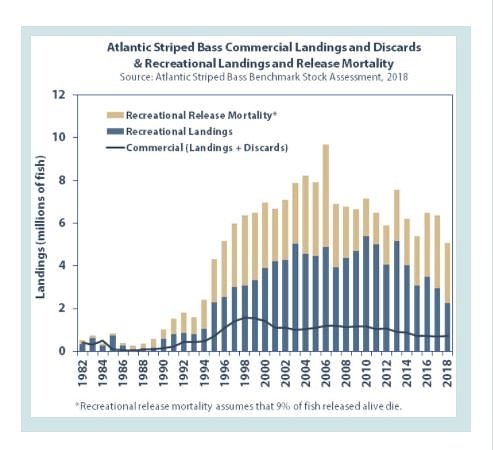
But frankly isn’t that pretty much what had the last two years? Striped bass and bluefish are in short supply. And spawning success, especially for striped bass, is very, very weak. So there is no clear recovery in sight. Think I’m talking through my hat? Could I be wrong? Sure. But take a moment and look at these charts. They paint a dim picture.
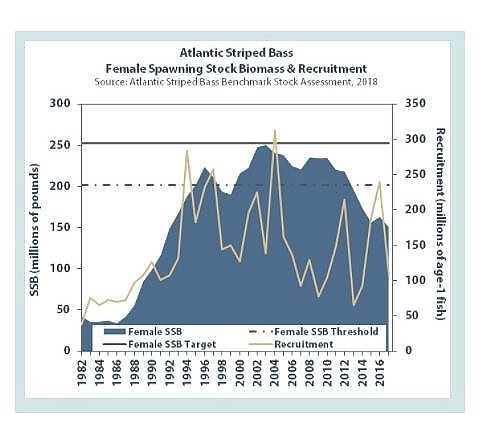
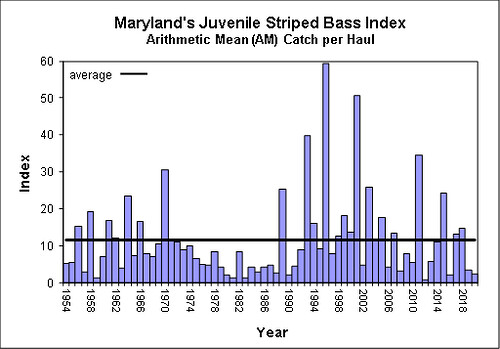

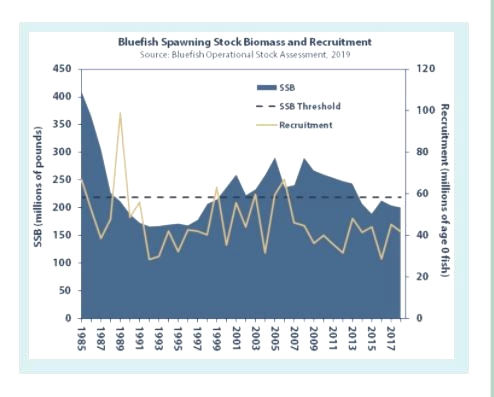



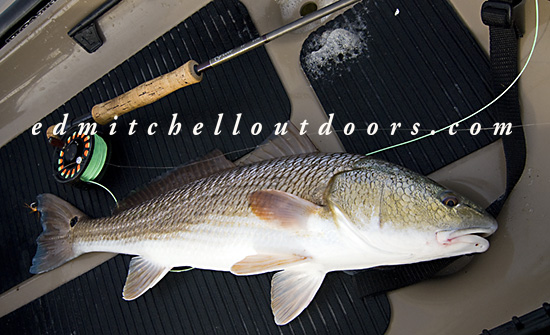
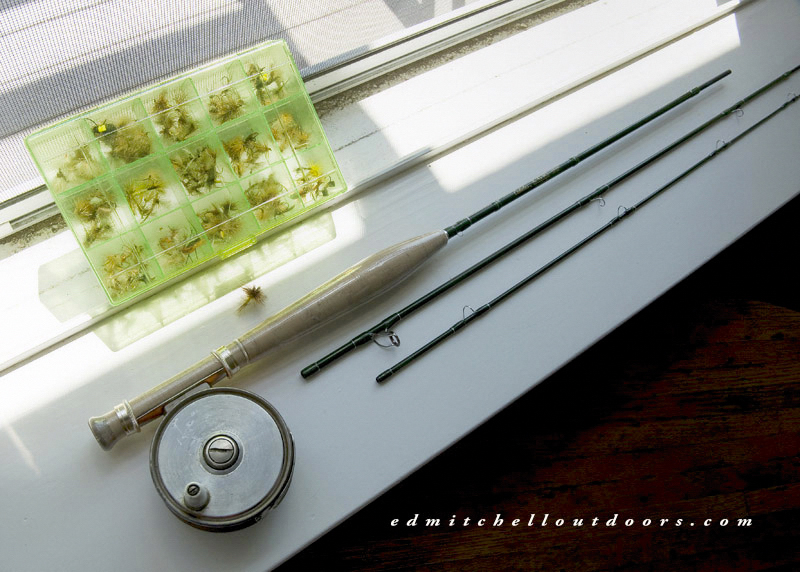
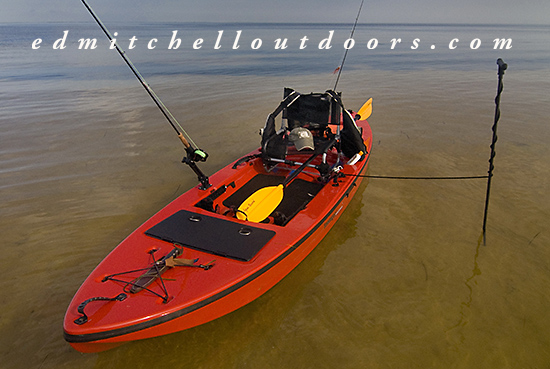


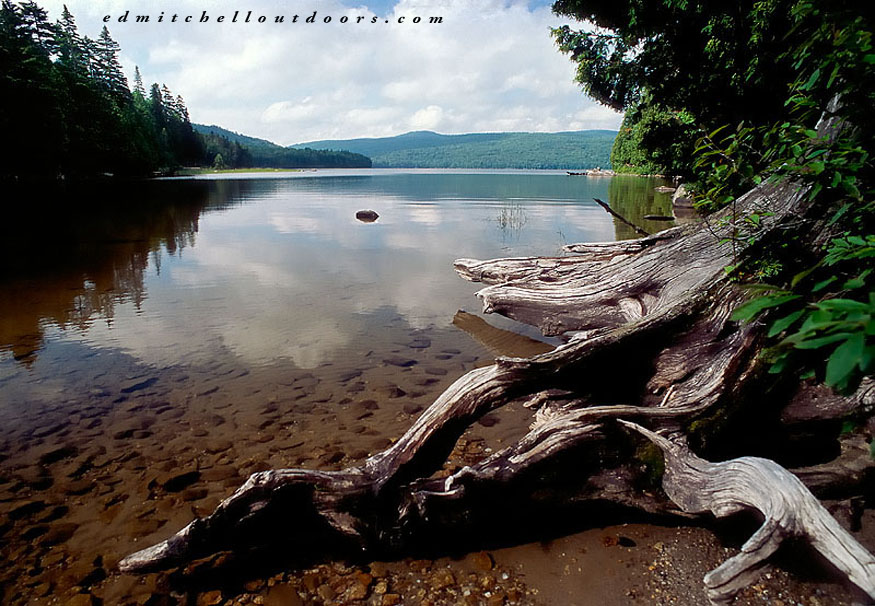
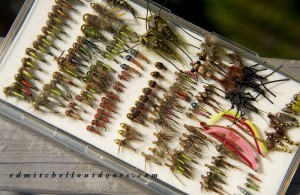
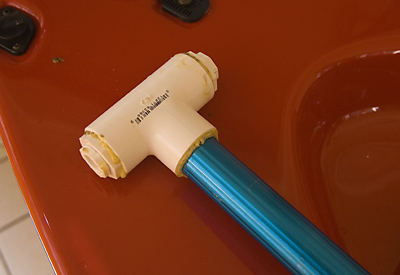
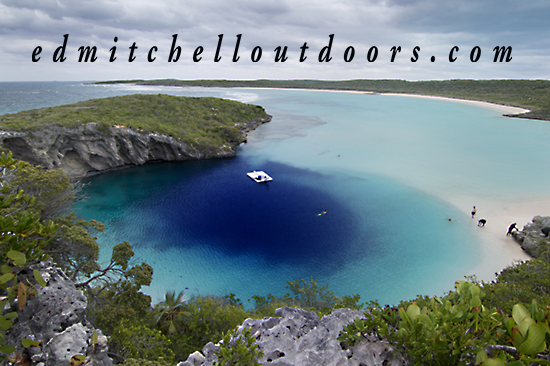
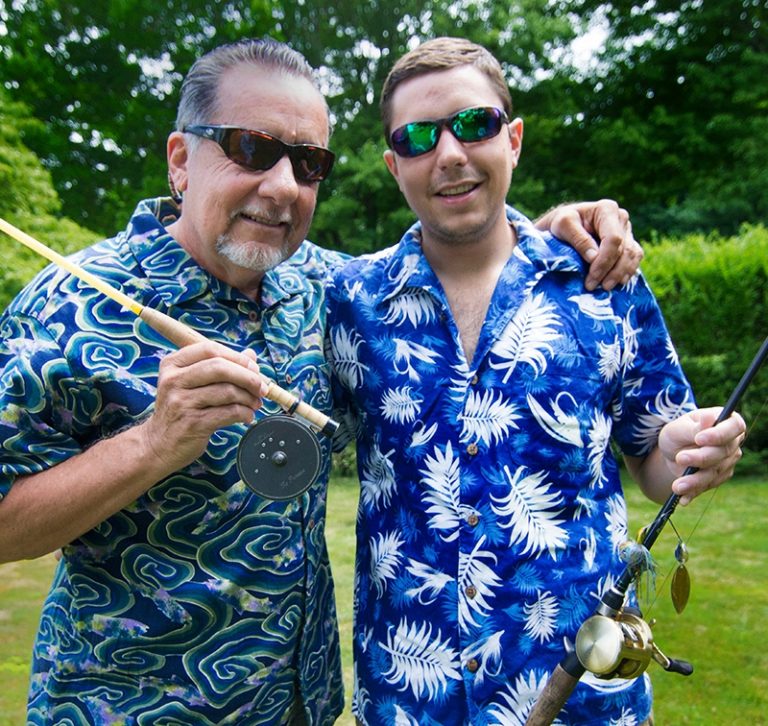

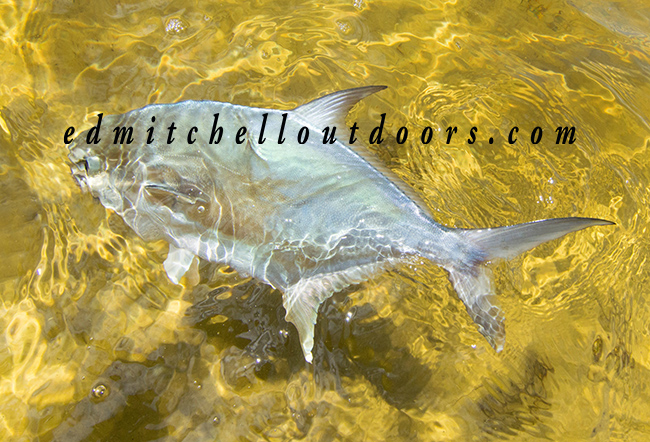

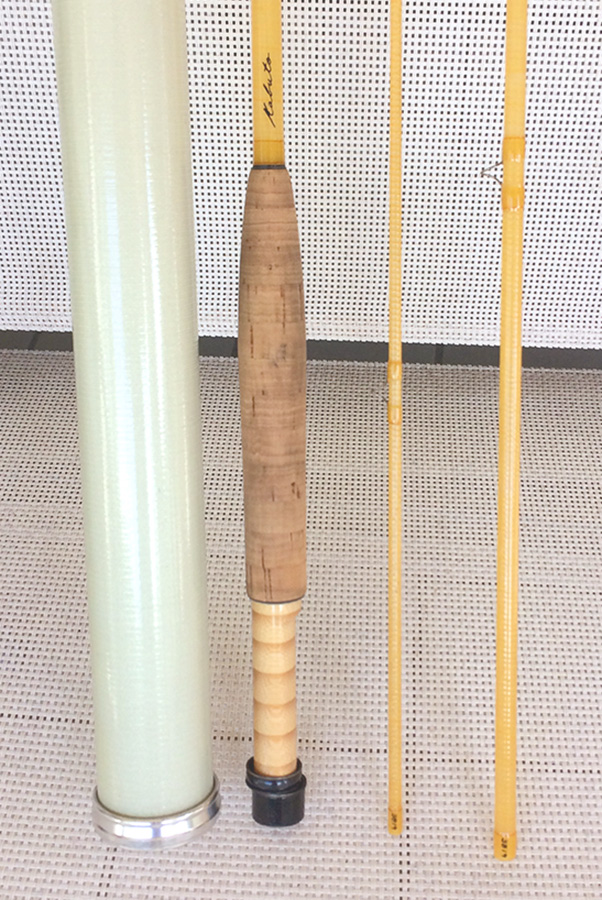


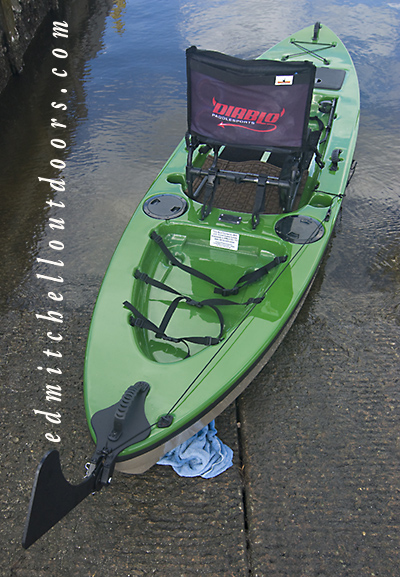
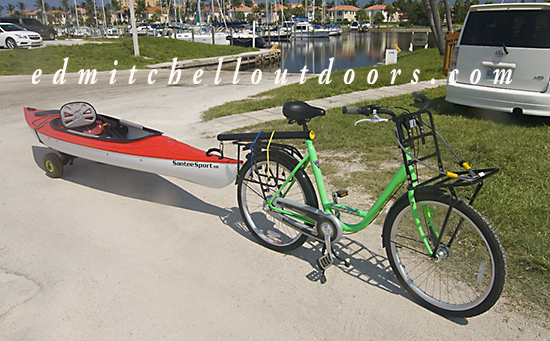
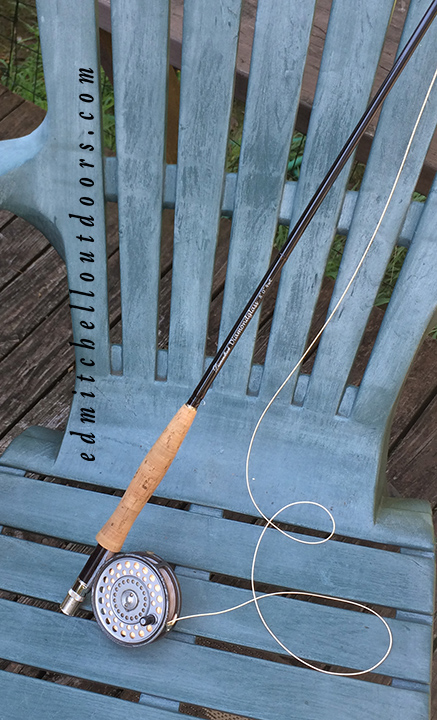

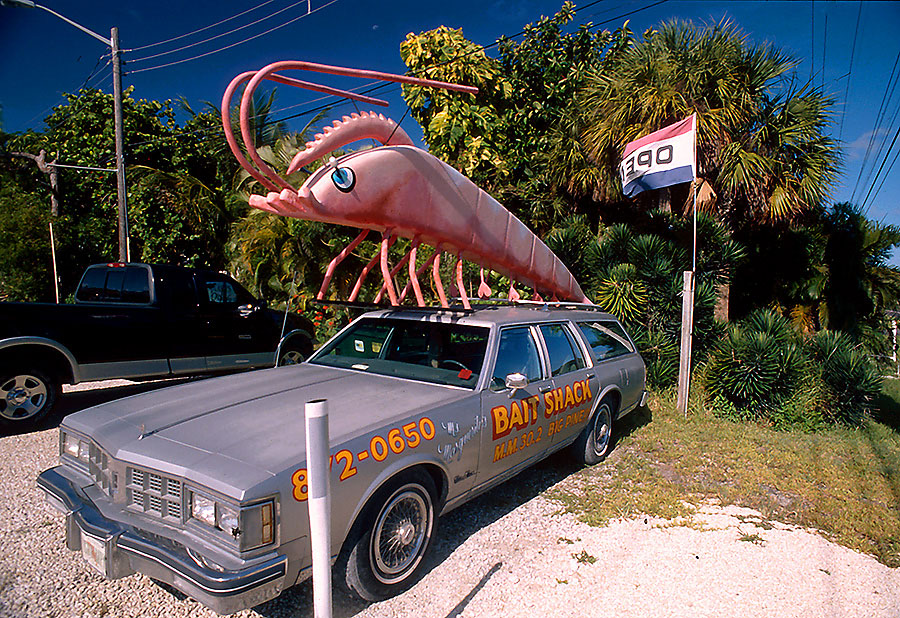
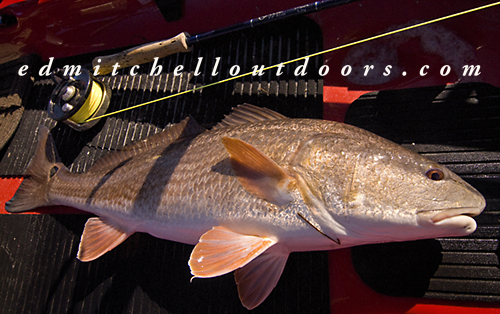
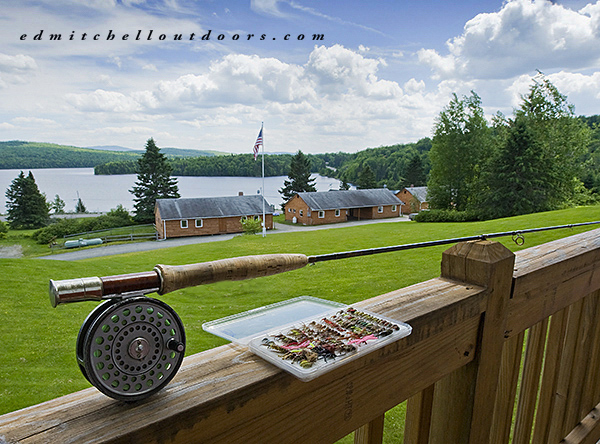
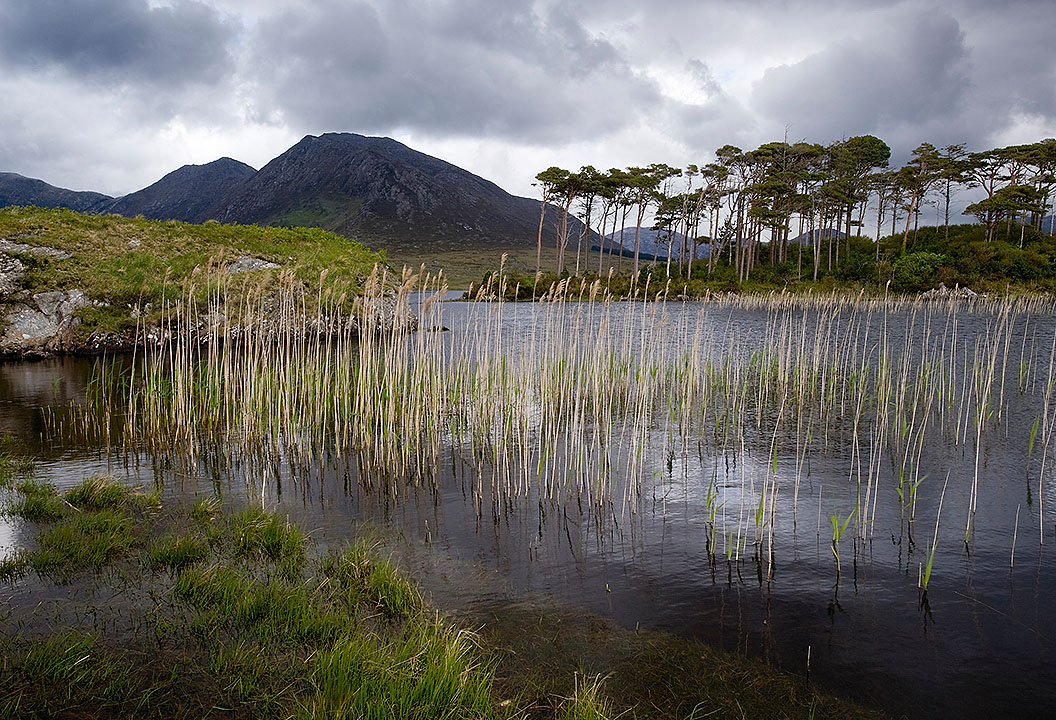
My fishing experiences agree with your observation and the data that indicate Striped Bass and Bluefish populations are decreasing. I pattern fish. I fish tides, locations and times that have been successful in the past. I have network of fishing friends to compare their observations. Everyone agrees there are fewer numbers of both species and they are smaller.
I appreciate that you, Ed Mitchell have soberly reported the sad situation of these magnificent saltwater fish.
In a perfect world there would be better regulations and consequences. The striped bass moratorium chronicled in the book Striper Wars was extremely successful in reversing the decline in Striped Bass reproduction. Sadly, the moratorium ended too soon and catch and keep regulations were not based on sustainability. Recreational anglers, charter boats, and commercial fishing quickly reversed the gains from the moratorium.